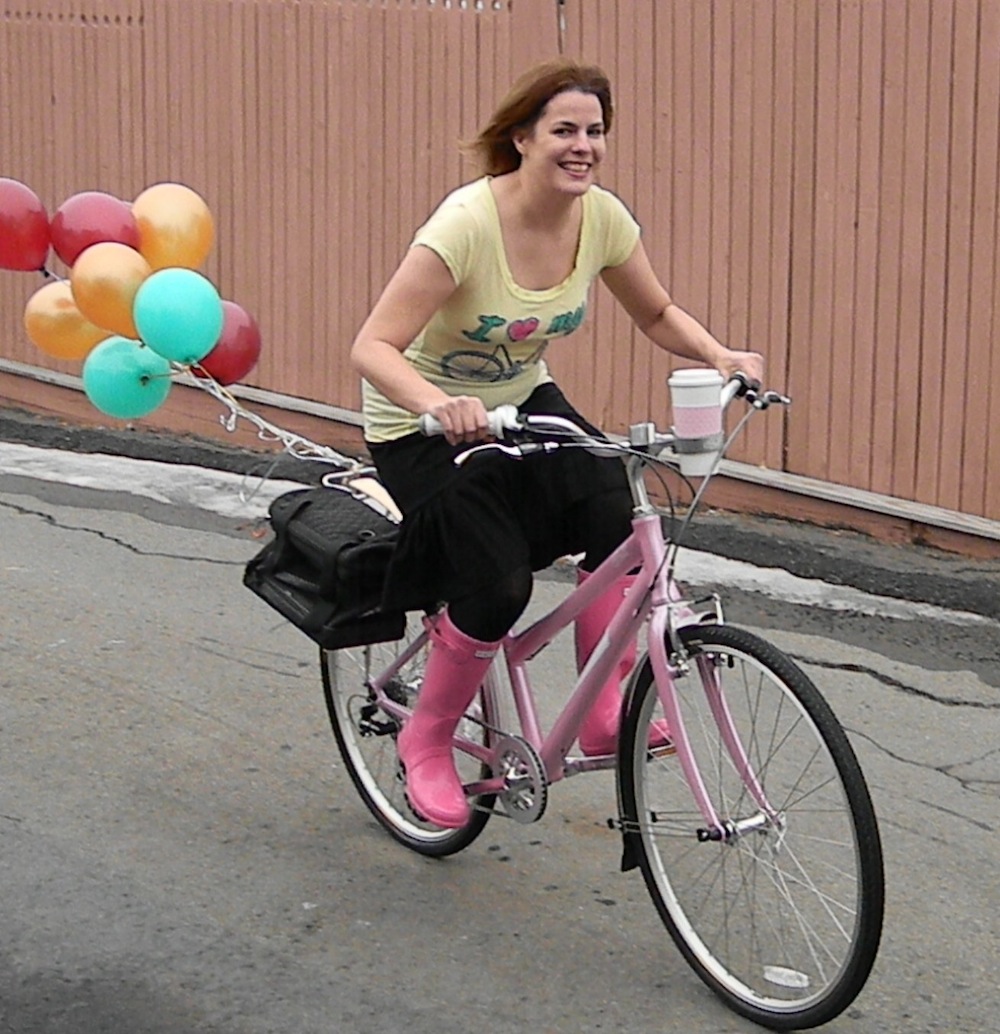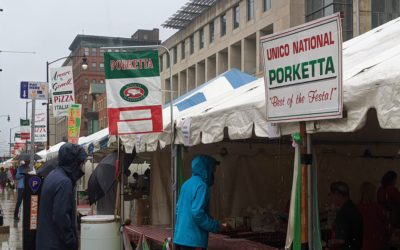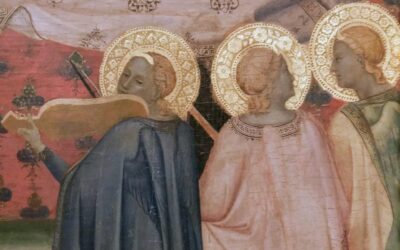My friend Latir lifts the silver pot and the tawney liquid spills from high above the tiny glass,called a kas, and streams perfectly into its target in a stunning, dramatic arc. He picks up the glass and steadily pours the tea in another perfect arc into the other glass on the tray. And then again. And again. One more time. It is beautiful to watch, and Latir is an artist. His control and care is precise. No tea is wasted. This repeated action creates a lovely foam, like it had been gently lifted from the waves in front of us. “Le mousse” they call it. The tea used is a Chinese Gunpowder tea steeped with sugar and fresh mint.
The rest of us lean back on the sand the sounds of Reggae coming from someone’s portable speakers in a backpack. We watch people come across from the main land to Ngor Island in the colorful pirogues on to “Beach 2” as it is locally called. He serves the first two glasses (always two at a time) and places the kettle back on the little portable coal stove.
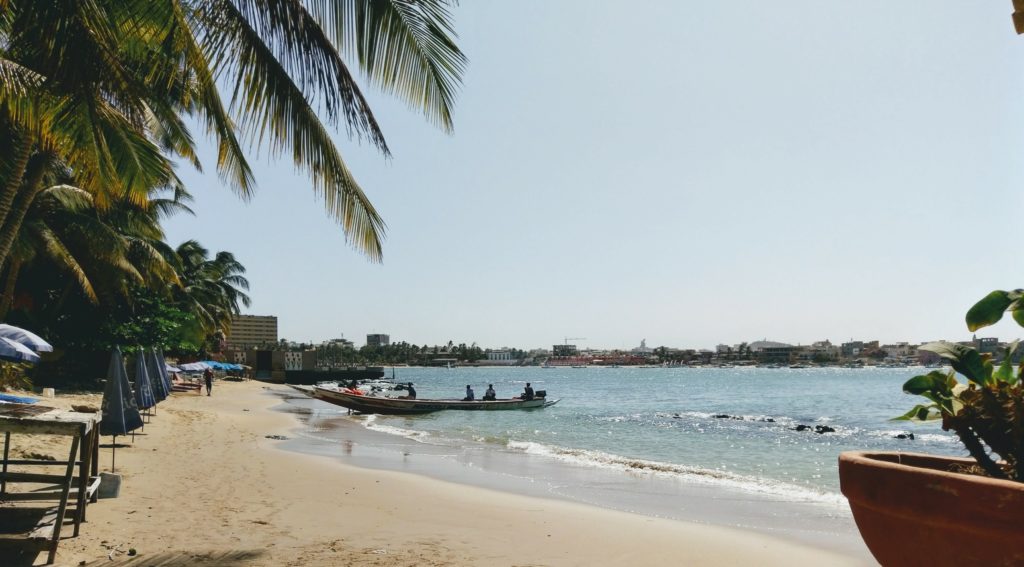
One of the color pirogues dropping people off from the main land on Beach 2 as local call it on the beautiful on Ngor Island, Dakar, Senegal.
I try to remember all of it. The sea sand scent carried in the breeze. The palm fronds fanned against the soft blue sky. The contrapuntal harmony of laughter mixed with Wolof (the indengious West African language spoken in Senegal) English and French. The pungent smoky sweet taste of the tea. The way life unfolds slowly and joyfully. You might jump in the sea or kick a soccer ball around, have your hair braided, smoke, sleep, do a hand stand, talk about surfing or even politics, sing. You will decide the world is a good place.
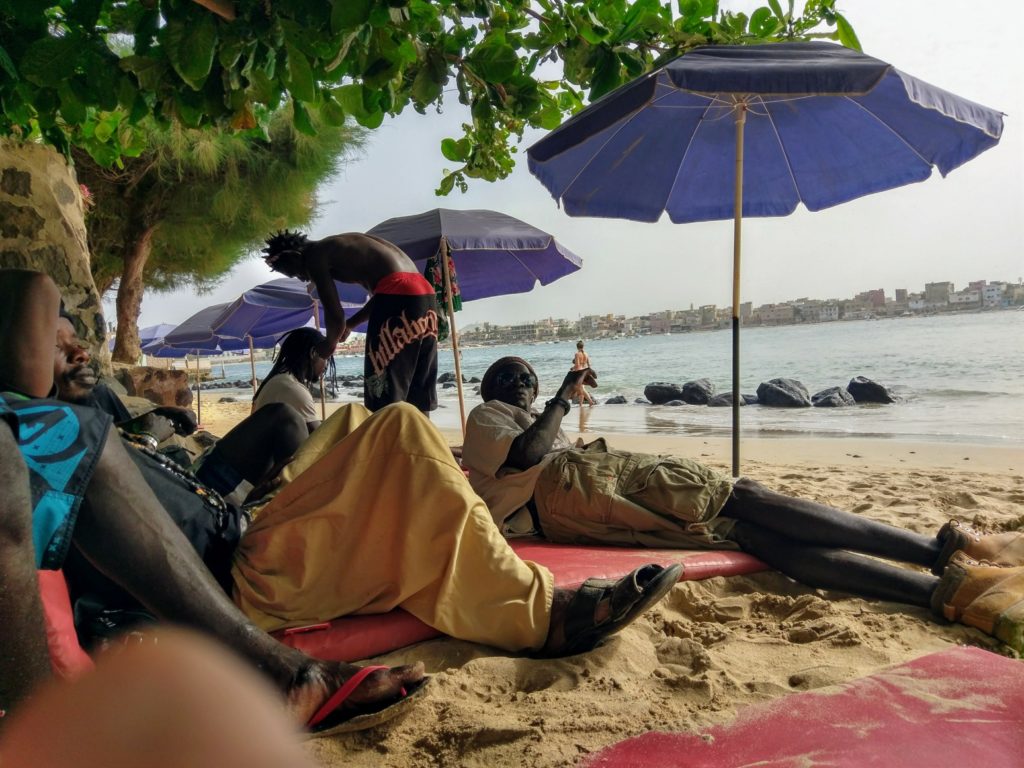
Relaxing with friends on Beach 2 Ngor Island, Dakar, Senegal.
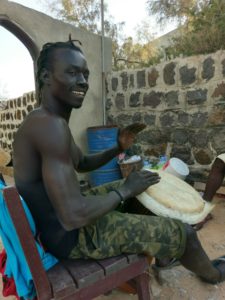
Dam takes time to show me how to play the Djembe, a traditional West African drum, during our Attaya break, in the back of Ngor Island Surf Camp.
This is Attaya, a deep and meaningful ritual of Senagalese social life. It can be done anytime of day, although from my experience is usually takes place in the afternoon after people have eaten. The preparation is slow and can take between one and three hours during which people talk and relax. And it can take place anywhere. I also experienced Attaya a few times in the back of the Ngor Island Surf Camp headquarters (I stayed at this magical place for a week to learn to surf) where Oumar a.k.a Black Alkaline, a musician and DJ, boiled the tea over a DIY stove made from a brick and talked about music while Dam attempted to teach me how to play the Djembe, a traditional West African drum. Also at both the Hotel Océanic in downtown Dakar and the Hôtel La Brazzerade Hotel in the village of Ngor offered me tea as part of their Attaya ritual. This is a way of life.
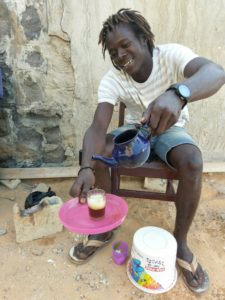
Oumar, a.k.a. known as Black Alkaline, pours the tea in the back of Ngor Island Surf Camp for our afternoon Attaya.
Friendship is the heart of Attaya. My friends explained to me that there are usually three stages for the tea which are a kind of metaphor for how friendship grows sweeter over time as people get to know each other. So the first cup is less sweet than the following cups and they grow increasingly sweeter.
As we sat drinking tea the spinning world still carried terrible problems around the sun. So Attaya is always more than tea break. The sweet strength of connection is what saves the world each day. It is a cosmic transformative act, when friends deepen their friendship and strangers become friends.
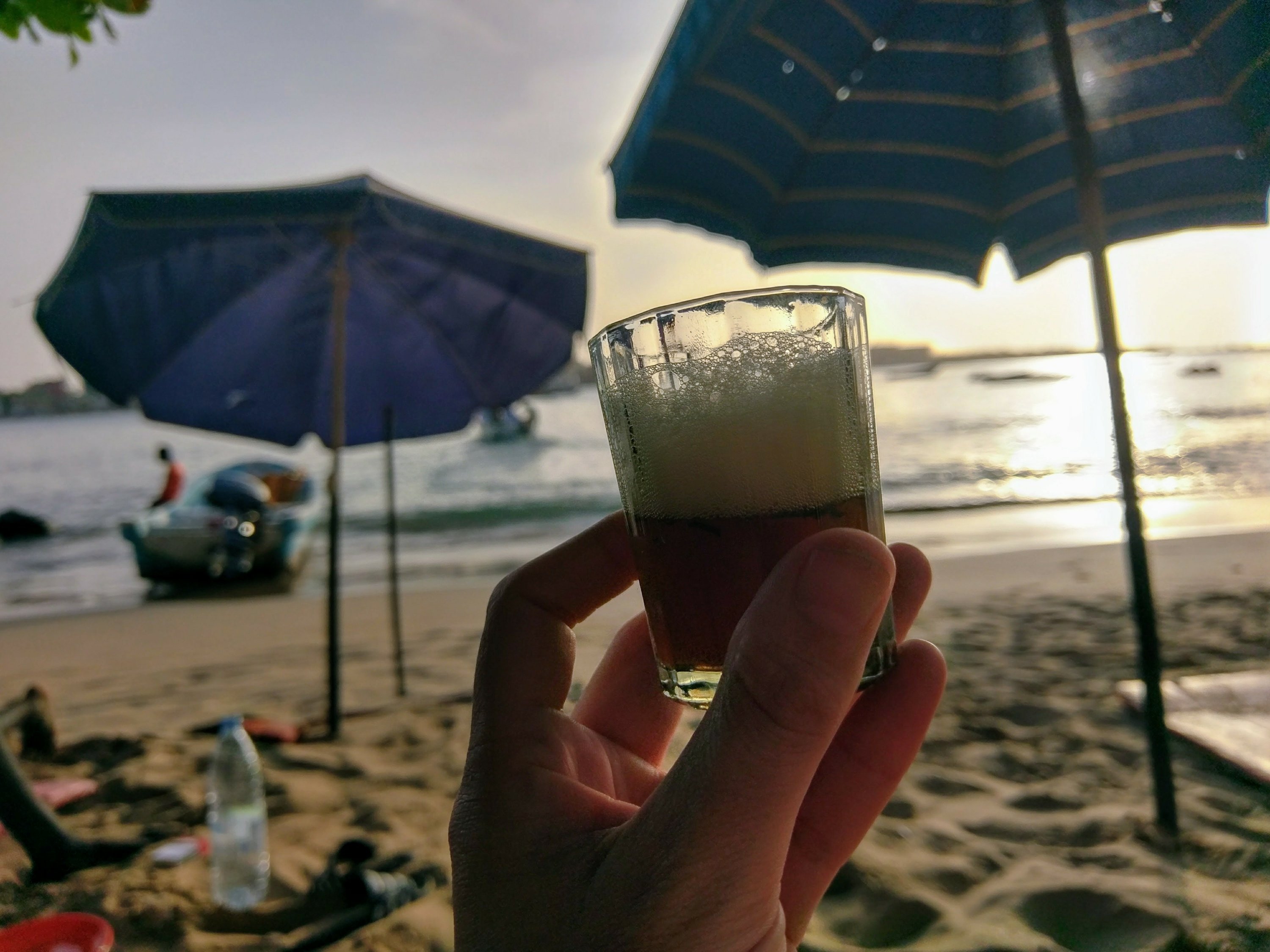
A glass of tea as the sun sets on Beach 2 Ngor Island, Dakar, Senegal.

